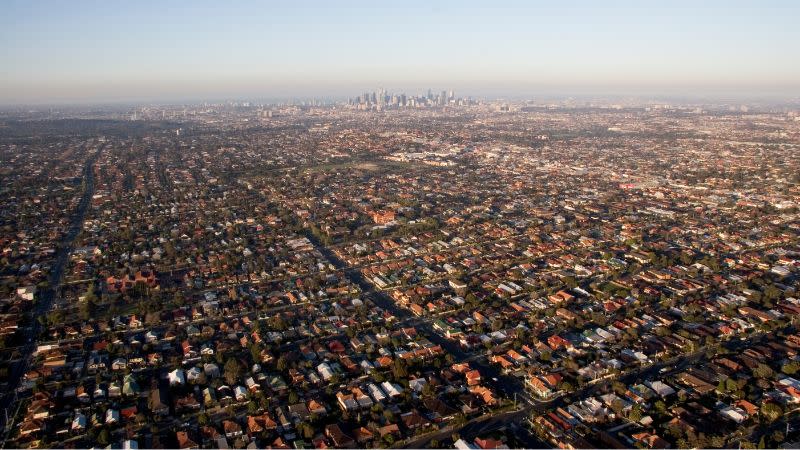Resources
Newsletter
Stay up to date and with the latest news, projects, deals and features.
Subscribe
Bulk rebates for clean energy alternatives will be available in Victoria for volume home builders and developers as part of the state’s plan to end gas use.
From January 1, all new homes built in Victorian will be 100 per cent electric under the landmark legislation introduced by the Andrews government.
In what is a blow to the gas industry, planning permits for new homes and residential subdivisions will only connect to all electric networks.
The Victorian Labor government said it would save households up to $1000 on their annual energy bills.
The saving rises to up to $2200 for households that also have solar installed, according to the government.
And beginning immediately, all new public buildings that haven’t reached design stage will also be all-electric.
This includes schools, hospitals and police stations among other government-owned buildings.
The government said Victoria had the highest use of residential gas in Australia, with around 80 per cent of homes connected.
“The gas sector contributes about 17 per cent of the state’s emissions, and the move to electric systems is a key element of meeting Victoria’s nation-leading emissions-reduction targets of 75-to-80 per cent by 2035 and net zero by 2045,” a spokesperson said.
“To ensure homeowners can maximise the benefits of household renewable energy, the government is investing $10 million in a new Residential Electrification Grants program.
“Grants will be available to volume home builders, developers and others to provide bulk rebates for solar panels, solar hot water and heat pumps to new home buyers up front.
“This will mean new home buyers will save $4600 before they even move in and will remove double handling of installations—saving buyers money and hassle.”
The decision was generally well received across the property sector but caution was also urged.
National employer association Ai Group chief executive Innes Willox said it was a turning point for energy systems.

“A clear decision on the future of gas at least provides some certainty.
“But we mustn’t underestimate the impact on appliance supply chains, and we also need to ensure that gas users continue to enjoy secure supply.”
The Property Council of Australia was among those who welcomed the announcement.
PCA national policy director Frankie Muskovic said the shift to all-electric new homes would reduce energy costs for Victorian households at a time when cost of living pressures remained at historic highs.
“We know that all-electric homes with efficient appliances combined with solar on the roof are much cheaper to run than homes with gas,” Muskovic said.
“The incentives announced today support upskilling of key trades to deliver all-electric homes, as well as rebates for solar panels, batteries and heat pumps for hot water and heating, which will be game-changers for Victorian households.”
Unsurprisingly, the gas sector was not so supportive.
The Australian Pipelines and Gas Association said it was disappointed by the announcement that “adds to the track record of bad decisions being made by the Andrews government over the past weeks”.
“The association agrees with the Victorian government on the importance of achieving net zero as quickly as possible. Pretending it is a simple task doesn’t make it one,” chief executive Steve Davies said.
“If electric appliances were truly cheaper and better than gas appliances, a ban on gas connections wouldn’t be needed.
“Every Victorian looking to buy heating appliances right now knows that like-for-like, gas appliances are cheaper than heat pumps.”